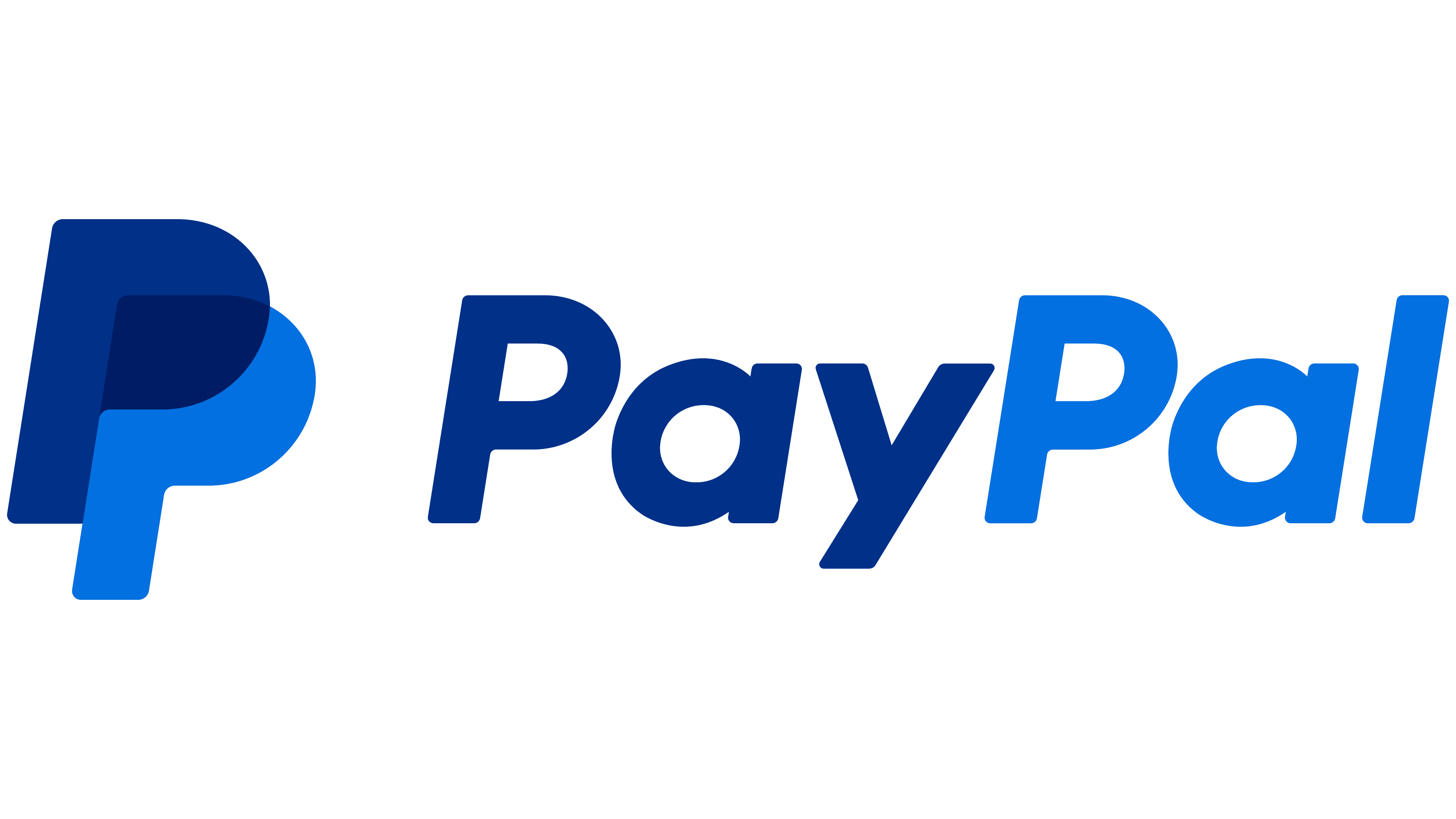Katharina Borchert is the Chief Innovation Officer at Mozilla. Mozilla has about 1,200 employees and is best known for creating the Firefox browser. We spoke with Katharina about how she manages her team and got some great advice on how to thrive, even in the midst of COVID.
How can one set-up or step-up the company’s values when the company is working remotely?
That’s a really good question. In general, when a large part of a company is remote and especially at this time, it helps to have the company values explicitly articulated and clearly written down. Mozilla is a company with a really strong remote culture. The majority of my team is remote. It should be clear, what the company is driven by and what you expect from people in your company in terms of interaction. And the most critical thing is that you as a leader exemplify that. It is especially important now. That requires more work, more empathy, and more patience for how you approach things.
You should engage in the slack channels on employee well-being and mental health, that you really care about. And be more available. Have more office hours where people can drop in and voice their concerns. We understand that we have way too much to do, but being more available is really crucial in these times.
Transparency is also extremely important. Especially for people who have not worked remotely before, they may feel disconnected from what is going on, and the stress from the COVID crisis. So, you don’t want people even more anxious and nervous. Overcommunicate this concept. Also, leave room for questions and concerns.
How do you know when the message has sunk in? Usually, the first time the message has really sunk in is when you cannot bear to hear yourself saying it one more time.
What is your advice for remote workers when there are young kids at home?
This is a question that applies both to the managers and the employees. Above all, I think patience and empathy are needed. Children are a fact of life. They are at home, and everybody is struggling with that issue.
As an employee or manager with children at home, be kind to yourself. Have patience with yourself.
As an employee, don’t feel bad if the children run around, make noise, run into the picture. That is the way the world is right now.
As a manager, it is the same. All your employees are in an incredibly difficult situation. The logistics of caring for children are highly complex. Employees have normally got it organized in a highly admirable way and now the whole system is coming crashing down. They might not make all calls or goals, and that is the reality right now. We have to take that with as much patience and empathy as possible.
I suggest a good practice for all colleagues and employees on my team:
Flag clearly, when for example, you have to take over child-sitting duties because your partner has to take an urgent call, and you can’t make a meeting. Just be really clear; communicate your needs clearly. As a manager, I can’t help you if you don’t tell me where you stand and what you need from me. Tell me what you can accomplish and what you can’t accomplish. And please don’t feel guilty about it. Our lives are super messy right now. That is the norm, and we all understand that.
On the other hand, I really enjoy seeing my colleagues’ children. I don’t really know my colleague’s children or their partners. Seeing them helps me understand my colleagues better. I have so much more appreciation for what my colleagues are doing because I understand so much better what they are coping with within the background. We had a colleague-family-pet meeting in Mozilla. We learned that Zoom can hold up to 1,000 participants. It was a quirky thing, but seeing a colleague of mine with chicks on his shoulders and a kid on his lap really made my day! So, embrace the messiness, have patience, have empathy, and appreciate the view into each other’s lives. Just make sure to flag what you need, so that your manager can help you better.
How can someone avoid the overload of calls and communication while working?
I am struggling with this myself. In part, this is because I try to be even more available than normal for my colleagues. I schedule open hours and make sure that I am available to answer questions and hear how everyone is doing. I feel that my load of meetings has rather increased. I have been telling my own team that we have regular, scheduled meetings and one-on-one check-ins. If that is too much for you and you do not need those check-ins, just let me know that you don’t need it or that you would rather not participate.
There is so much that we talk about in meetings that we can solve asynchronously through Slack. So, send me a message. Tell me what you need from me. Then I am happy to go without the meeting.
I make it known that if someone does need it or needs to vent then I am there for them.
I tell people, “Articulate your needs.” Do you need a different form of communication? Adapt your style. Get to know what works for you! I try to be mindful of colleagues working in Europe and not have them working at night unless there is no way around that. Don’t be afraid to set boundaries. Leave time for family or exercise. Advocate for your needs, and always try to communicate much as you can.
How do you deal with the specific challenges of COVID-19, besides things that are directly related to working remotely?
Firstly, my apologies for being repetitive. Patience and empathy for people is the first and foremost thing to do. People will be distracted and anxious. Productivity will drop. As a leader, you need to account for that. You may need to decide whether you use KPIs or OKRs to recalibrate goals. Take another look at your goals. Are they achievable? Be aware that people in your team may get sick too, then you need to give them the time they need to recover. With COVID it may be a few weeks. That means that you need to have a way to deal with the lower productivity. On the upside, there is an enormous willingness in people to help and to do something.
How can you channel this into good, productive activities? We have a platform where people can express ideas of ways to improve the world in a small way through our activities or through our products. Over 40 ideas were suggested within a day or two of opening. Some ideas were not feasible, but some were and we implemented them right away.
Another thing is, Mozilla has an open-source support grant. Some of that funding was redirected for a COVID solutions open-source fund. This is for open source projects that we feel can have a real, worldwide impact.
This creates a lot of positive energy. It helps channel people’s passion and anxiety around this topic.




